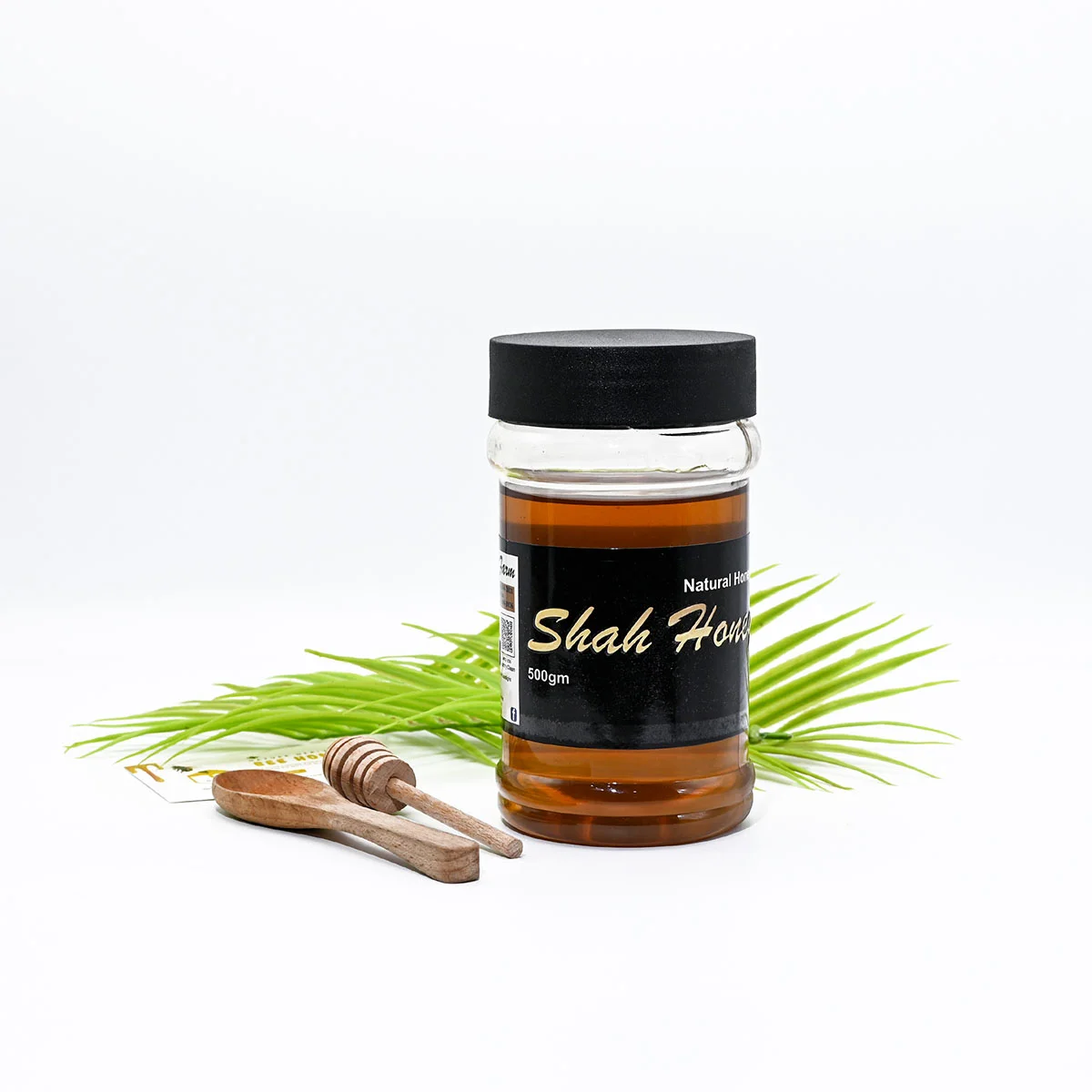In today’s fast-paced world, achieving mental clarity and maintaining focus has become increasingly difficult for many individuals. With constant distractions from technology, multitasking demands, and the overwhelming amount of information available at our fingertips, staying sharp and attentive is a challenge. As a result, an increasing number of people are turning to stimulants as a means to boost cognitive performance.While some stimulants are commonly prescribed for specific medical conditions, others have become more widely used for their cognitive-enhancing effects. This article explores how stimulants impact focus, the potential benefits and risks, and alternative approaches to improving mental clarity without relying on pharmaceutical interventions.
Understanding Stimulants and Their Role in Focus
Stimulants are a class of substances that increase activity in the central nervous system. They work by boosting the levels of certain neurotransmitters, such as dopamine and norepinephrine, which play key roles in regulating attention, alertness, and focus. By elevating these neurotransmitter levels, stimulants can enhance the brain’s ability to concentrate, process information more effectively, and sustain mental effort over longer periods.Common stimulants include caffeine, nicotine, and prescription medications such as Adderall. These substances are often used to combat symptoms of conditions like attention-deficit/hyperactivity disorder (ADHD) and narcolepsy, but they are also utilized by individuals seeking to improve their cognitive performance in high-pressure environments, such as students and professionals.
Prescription Stimulants: A Double-Edged Sword
One of the most well-known prescription stimulants is Adderall, a medication used primarily to treat ADHD. Adderall contains a combination of amphetamine salts, which work to increase dopamine and norepinephrine levels in the brain, thereby improving attention and reducing hyperactivity.For individuals with ADHD, Adderall can be a transformative treatment, significantly improving their ability to concentrate and manage tasks. However, the widespread use of Adderall and similar medications has raised concerns about their misuse. Some individuals without ADHD may use these medications off-label to improve focus, boost academic performance, or stay awake during long work hours.While the cognitive-enhancing effects of Adderall are well-documented, there are risks associated with its use, particularly when taken without medical supervision. Potential side effects include increased heart rate, anxiety, insomnia, and in some cases, addiction. Moreover, the misuse of prescription stimulants is illegal and can lead to serious health consequences. Therefore, it is essential to approach the use of stimulants carefully, following the guidance of a healthcare professional.
Exploring Legal Alternatives to Prescription Stimulants
While prescription stimulants like Adderall are popular, many people prefer to seek legal alternatives that can boost their focus and mental clarity without the risks associated with pharmaceutical drugs. There are several natural and over-the-counter options that individuals can explore to enhance cognitive function.
- Caffeine: The most widely consumed stimulant, caffeine is found in coffee, tea, and energy drinks. Caffeine works by blocking adenosine receptors in the brain, which helps to promote wakefulness and alertness. It can be particularly useful for short bursts of focus, such as during study sessions or work tasks. However, excessive caffeine consumption can lead to jitteriness, anxiety, and disrupted sleep patterns, so moderation is key.
- L-Theanine: This amino acid is commonly found in tea, especially green tea, and is known for its calming properties. When combined with caffeine, L-theanine can enhance focus while counteracting the jitteriness that often accompanies caffeine intake. Many people use L-theanine to help maintain mental clarity and calmness during stressful situations.
- Ginkgo Biloba: This herb has been used in traditional medicine for centuries and is believed to improve memory and mental clarity by increasing blood flow to the brain. Some studies suggest that Ginkgo biloba may help with cognitive function, although the evidence remains inconclusive.
- Rhodiola Rosea: Rhodiola is an adaptogen, a class of herbs that help the body adapt to stress. It has been shown to improve concentration, reduce fatigue, and enhance cognitive performance under stress. Rhodiola is a popular choice for individuals who need to maintain focus during demanding tasks or challenging environments.
- Omega-3 Fatty Acids: Found in foods like fish, flaxseed, and walnuts, omega-3 fatty acids are essential for brain health. Studies have shown that omega-3s can support cognitive function, improve memory, and protect against age-related cognitive decline. Adding omega-3-rich foods to your diet can help support long-term brain health and mental clarity.
- Mindfulness Meditation: While not a stimulant in the traditional sense, mindfulness meditation has been shown to improve focus, reduce stress, and increase mental clarity. Regular practice can help individuals train their brains to focus on the present moment and manage distractions more effectively.
Steps to Improve Focus Without Medication
For those who are looking to improve their focus and mental clarity without relying on stimulants, there are several strategies that can be employed to boost cognitive performance. Here are some practical steps to enhance your ability to concentrate and stay sharp:
- Prioritize Sleep: Quality sleep is one of the most important factors in cognitive function. Sleep allows the brain to rest and repair itself, improving memory consolidation and focus. Aim for 7-9 hours of sleep per night, and try to maintain a consistent sleep schedule.
- Exercise Regularly: Physical activity increases blood flow to the brain, improving cognitive function and focus. Regular exercise also helps reduce stress and anxiety, which can hinder concentration. Aim for at least 30 minutes of moderate exercise most days of the week.
- Eat a Balanced Diet: A diet rich in whole foods, including fruits, vegetables, lean proteins, and healthy fats, provides the nutrients needed for optimal brain function. Avoid excessive consumption of processed foods, which can lead to energy crashes and difficulty focusing.
- Break Tasks into Smaller Steps: Large tasks can be overwhelming and lead to difficulty concentrating. Break them down into smaller, manageable steps, and focus on completing one step at a time. This approach can help improve focus and productivity.
- Practice Mindful Awareness: Taking regular breaks and practicing mindfulness exercises can help reset your brain and improve focus. Short mindfulness sessions, such as deep breathing or guided meditation, can increase mental clarity and help you return to tasks with a fresh perspective.
- Limit Distractions: Create a work environment that minimizes distractions. Turn off notifications, silence your phone, and organize your workspace. Limiting distractions helps you maintain your attention on the task at hand.
Conclusion
Stimulants have long been used to enhance focus and mental clarity, offering both benefits and risks. Prescription medications like Adderall can be highly effective for individuals with ADHD, but they come with potential side effects and should only be used under medical supervision. For those looking for legal and natural alternatives, there are a variety of options to improve cognitive performance, from caffeine to mindfulness meditation.Ultimately, achieving mental clarity and improving focus is a multifaceted process. By adopting healthy lifestyle habits, exploring natural supplements, and practicing techniques to manage stress, individuals can enhance their cognitive abilities and maintain sustained focus without relying on prescription stimulants.Whether you’re seeking ways to stay sharp during work, enhance your productivity, or improve your academic performance, there are many paths to boosting mental clarity and focus. Take the time to explore what works best for you, and always prioritize your health and well-being in the process.



